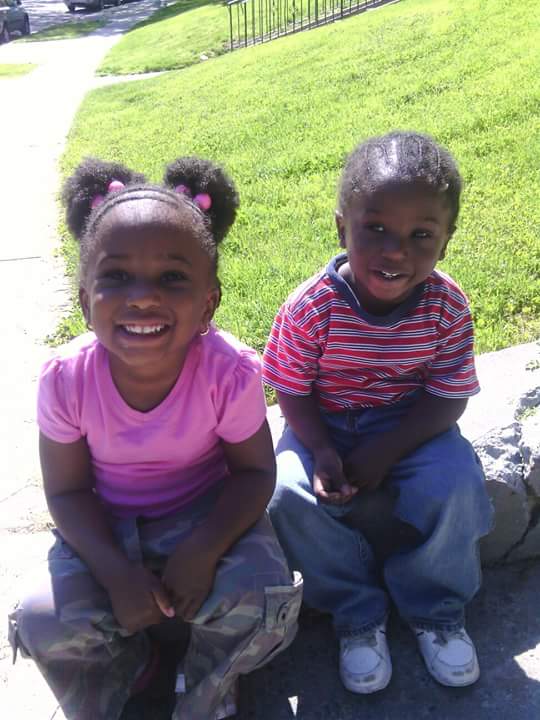Checklist for Growing Children
Here's what you can expect your child to be doing from birth to age three. If you have concerns about your baby's development, call your local Early Intervention Program.
At three months of age, most babies:
- turn their head toward bright colors and lights
- no longer "cross their eyes" while trying to focus. They move both their eyes in the same direction at one time.
- recognize bottle or breast
- respond to their mother's voice

- make cooing sounds
- bring their hands together
- wiggle and kick with arms and legs
- lift their head while lying on their stomach
- become quiet in response to sound, especially to speech
- smile
At six months of age, most babies:
- follow moving objects with their eyes
- turn toward the source of normal sound
- reach for objects and pick them up
- switch toys from one hand to the other
- play with their toes
- help hold the bottle during feeding
- recognize familiar faces
- imitate speech sounds
- respond to soft sounds, especially talking
- roll over
At 12 months of age, most babies:
- get to a sitting position
- pull to a standing position
- stand briefly without support
- crawl
- imitate adults using a cup or telephone
- play peek-a-boo and patty cake
- wave bye-bye
- put objects in a container
- say at least one word
- make "ma-ma" or "da-da" sounds
At 18 months of age, most children:
- like to push and pull objects
- say at least six words
- follow simple directions ("Bring the ball")
- pull off their shoes, socks and mittens
- can point to a picture that you name in a book
- feed themselves
- make marks on paper with crayons
- walk without help
- walk backwards
- point, make sounds, or try to use words to ask for things
- say "no," shake their head or push away things they don't want
At two years of age, most children:
- use two- to three-word sentences
- say about 50 words
- recognize familiar pictures
- kick a ball forward
- feed themselves with a spoon
- demand a lot of your attention
- turn two or three pages together
- like to imitate their parent
- identify hair, eyes, ears, and nose by pointing
- build a tower of four blocks
- show affection
At three years of age, most children:
- throw a ball overhand
- ride a tricycle
- put on their shoes
- open the door
- turn one page at a time
- play with other children for a few minutes
- repeat common rhymes
- use three- to five-word sentences
- name at least one color correctly
If your child is having trouble doing some of these things, it may put your mind at ease to talk to someone. Early help makes a difference!
Talk with your doctor or call your local Early Intervention Program.
- Growing Up Healthy 24-Hour Hotline 1-800-522-5006
- New York City 311 or 212-639-9675
- New York Parent and Kin Connection Helpline 1-800-345-KIDS (1-800-345-5437)
- New York State Department of Health, Division of Family Health, Bureau of Early Intervention @ www.health.ny.gov/community/infants_children/early_intervention/




